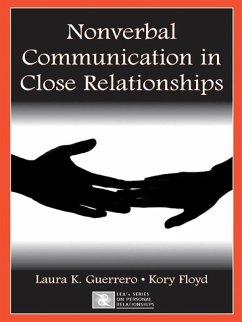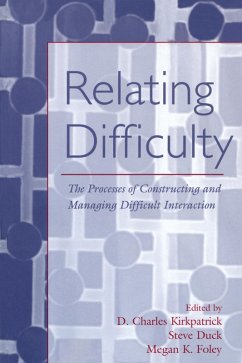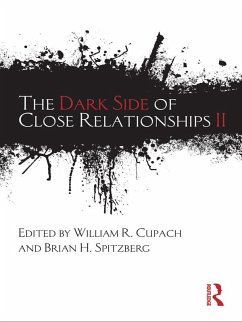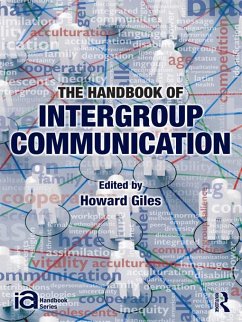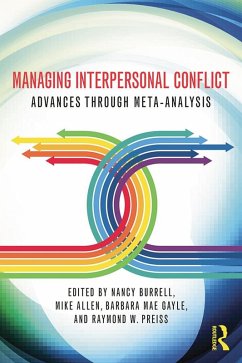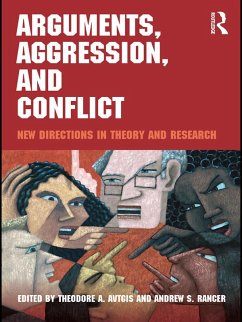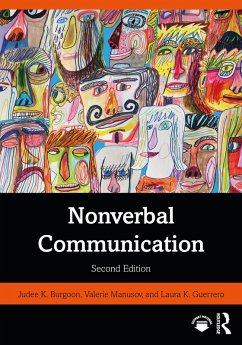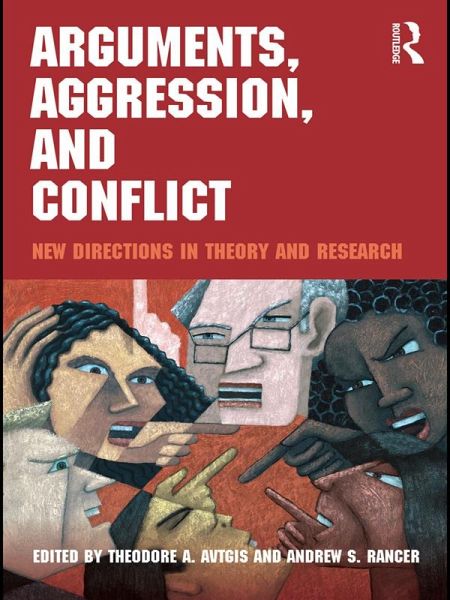
Arguments, Aggression, and Conflict (eBook, PDF)
New Directions in Theory and Research
Redaktion: Avtgis, Theodore; Rancer, Andrew S.
Versandkostenfrei!
Sofort per Download lieferbar
56,95 €
inkl. MwSt.
Weitere Ausgaben:

PAYBACK Punkte
28 °P sammeln!
Arguments, Aggression, and Conflict provides a thorough examination of argumentative and aggressive communication. Editors Theodore A. Avtgis and Andrew S. Rancer bring together a score of prolific and informed authors to discuss aspects of the conceptualization and measurement of aggressive communication. The book features an exclusive focus on two "aggressive communication" traits: argumentativeness and verbal aggressiveness, one of the most dominant areas of communication research over the last twenty five years both nationally and internationally. The chapters include cutting-edge issues i...
Arguments, Aggression, and Conflict provides a thorough examination of argumentative and aggressive communication. Editors Theodore A. Avtgis and Andrew S. Rancer bring together a score of prolific and informed authors to discuss aspects of the conceptualization and measurement of aggressive communication. The book features an exclusive focus on two "aggressive communication" traits: argumentativeness and verbal aggressiveness, one of the most dominant areas of communication research over the last twenty five years both nationally and internationally. The chapters include cutting-edge issues in the field and present new ideas for future research.
This book is a valuable resource for instructors, researchers, scholars, theorists, and graduate students in communication studies and social psychology. Covering a variety of topics, from the broad-based (e.g. new directions in aggressive communication in the organizational context) to the more specific (e.g. verbal aggression in sports), this text presents a comprehensive compilation of essays on aggressive communication and conflict.
This book is a valuable resource for instructors, researchers, scholars, theorists, and graduate students in communication studies and social psychology. Covering a variety of topics, from the broad-based (e.g. new directions in aggressive communication in the organizational context) to the more specific (e.g. verbal aggression in sports), this text presents a comprehensive compilation of essays on aggressive communication and conflict.
Dieser Download kann aus rechtlichen Gründen nur mit Rechnungsadresse in A, B, BG, CY, CZ, D, DK, EW, E, FIN, F, GR, HR, H, IRL, I, LT, L, LR, M, NL, PL, P, R, S, SLO, SK ausgeliefert werden.




